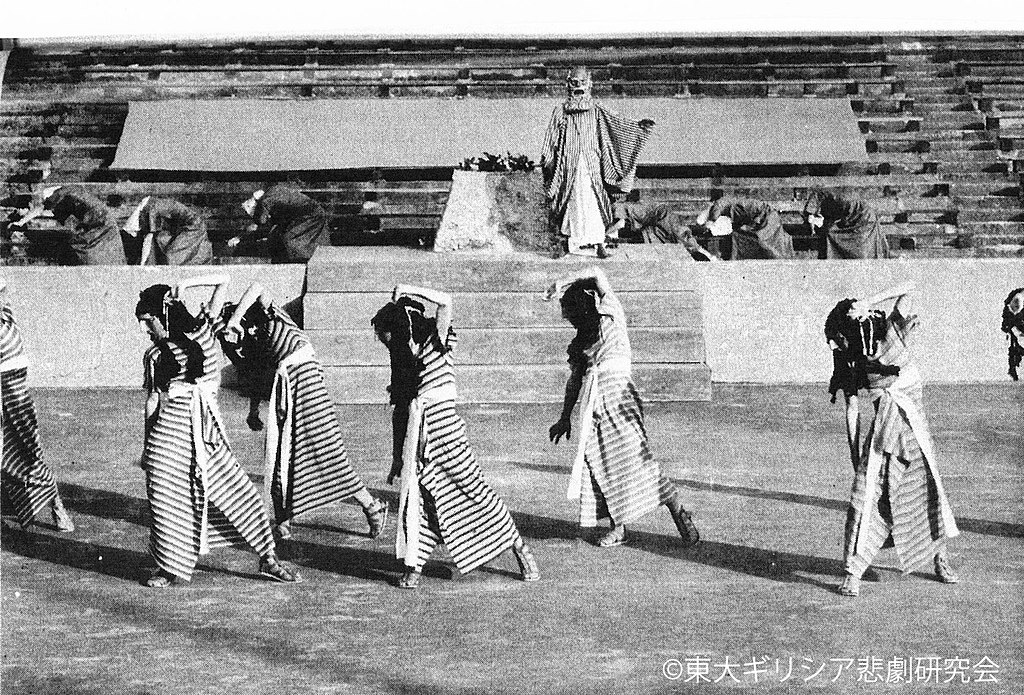
Autonomy: From Greek Self-Law ‘Autonomia’ to Modern Independence
Autonomy, originating from Greek ‘autos’ (self) and ‘nomos’ (law), signifies self-governance and independent decision-making.
But you don't know it

Autonomy, originating from Greek ‘autos’ (self) and ‘nomos’ (law), signifies self-governance and independent decision-making.

Pharmacist, from Greek ‘pharmakon’ (drug, medicine), is a healthcare professional specializing in medication preparation and use

Apothecary, from Greek ‘apotheke’ (storehouse), historically referred to professionals who prepared and dispensed medicines

Chorus, from Greek ‘khoros’ (group of dancers or singers), refers to a collective singing group or a song’s repetitive section

Orchestra, from Greek ‘orchēstra’ (dancing space), now refers to a large ensemble of musicians playing together.

Symphony, from Greek ‘symphonia’ (sounding together), refers to a large-scale orchestral music composition with multiple movements.

Fanatic, from Latin ‘fanaticus’ and Greek ‘phanos’, denotes extreme zeal, especially in religion and politics.

Moron, derived from Greek ‘moros’ (foolish), evolved from a psychological term to a common insult for perceived foolishness.

Meaning of Oxymoron: An oxymoron is a figure of speech in which two seemingly contradictory or opposing words are used together for rhetorical effect, often to create an impression, emphasize contrasts, or to illustrate paradoxical situations. Common examples include phrases like “deafening silence,” “bittersweet,” or “living death.” Etymology and Origin:[…]

Cynophobia, combining Greek ‘kynos’ (dog) and ‘phobos’ (fear), denotes an irrational and excessive fear of dogs.